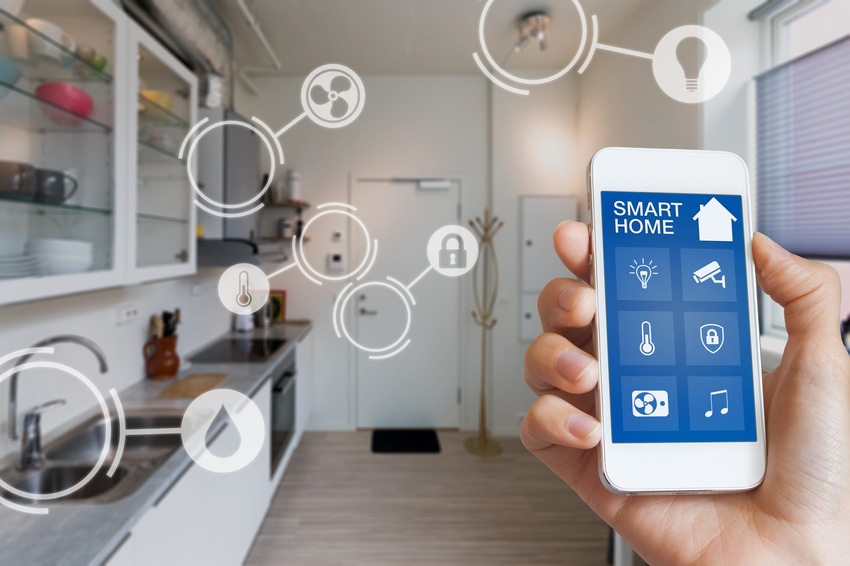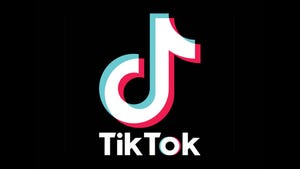Climate and the economy are fuelling smart home device uptake
UK consumers are increasingly turning to smart devices to help them cope with the cost of living crisis.
November 9, 2022

UK consumers are increasingly turning to smart devices to help them cope with the cost of living crisis.
This is according to a survey published this week by trade association TechUK in partnership with research firm GfK, which found that concern about climate change is also encouraging people to switch to kit that supports more energy efficient usage.
The survey – called the Connected Home Report – found that ownership of devices like smart thermostats, plugs and lighting is up to 27 percent this year from 20 percent in 2020. Smart appliances like washing machines and fridges saw ownership increase to 11 percent from 8 percent.
“The high levels of consumer interest in using connected home devices to improve their energy efficiency is not a surprise. It comes in part as a consequence of increasing public focus on sustainability and the need to transition to net zero, and of course, it’s also a response to increasing concerns around energy prices and the cost of living,” said Matthew Evans, director for markets at TechUK, in a statement.
Somewhat ironically, the survey found that consumers are prepared to pay a premium for smart devices that can save them money.
“Approximately 45 percent of consumers report that they would be willing to pay at least a little bit more for a smart product over an equivalent non-smart product, which in part is driving the overall higher unit values,” said Trevor Godman, divisional director at GfK.
In addition to inflation and the climate, UK consumers also seem worried about home security: ownership of surveillance cameras, smart doorbells and alarms jumped to 29 percent this year from 19 percent in 2020.
Looking more broadly at the UK’s smart home device market, TechUK and GfK found that shipments between April 2021 and March 2022 reached 19.95 million, down from 21.80 million in the previous 12-month period, when consumers were buying up anything that promised to make life under lockdown more bearable. In the year leading up to the pandemic, unit volumes topped out at 17.91 million. Despite the year-on-year dip in volume, the value of the market increased to £4.78 billion from £4.73 billion.
And when it comes to ownership, 77 percent of the 1,000 UK adults surveyed said they own at least one smart home device, up from 76 percent last year, and 67 percent in 2020. There was a similar jump in the proportion of respondents who own three or more: 26 percent this year compared to 24 percent in 2021, and 17 percent in 2020.
Godman said the findings show “increasing consumer familiarity with the benefits of connected home devices.”
TechUK’s findings tally with IDC forecasts published in early October. The research firm expects global smart home device shipments to be flat this year at around 897.4 million. This is due to the combination of a slowing economy, and consumers buying fewer smart TVs and speakers compared to during the pandemic.
However, that economic uncertainty “does present an opportunity for cost-saving devices such as smart thermostats and smart lighting as these products can help consumers reduce costs during an otherwise inflationary period,” said Jitesh Ubrani, research manager for IDC’s mobility and consumer device trackers.
On that note, IDC expects the smart thermostats segment to achieve a compound annual growth rate (CAGR) of 5.4 percent between now and 2026. Smart lighting is expected to grow by 23.9 percent, while the home monitoring and security segment is predicted to grow by 9.7 percent. By comparison, the CAGRs for video entertainment and speakers are a more modest 2.3 percent and 3.8 percent respectively.
Get the latest news straight to your inbox. Register for the Telecoms.com newsletter here.
About the Author(s)
You May Also Like











_1.jpg?width=300&auto=webp&quality=80&disable=upscale)


.png?width=800&auto=webp&quality=80&disable=upscale)